Directory
- Share
Marta Machala
- Alumni
- Poland
- 2006 BAaff English Studies
- Wolfson College

Marta Machala
- Alumni
- Poland
- 2006 BAaff English Studies
- Wolfson College
I am studying English Literature as an undergraduate affiliated student. My main areas of interest are Literary Criticism, Modernism, and Commonwealth Literature. My final dissertation will revolve around the issues connected with language of propaganda and the mechanisms behind linguistic manipulation as portrayed in the work of George Orwell. Studying at Cambridge is an invaluable experience, both from the academic, intellectual and social perspective. The place, with its beauty and the resonating aura of history, constitutes a perfect environment for the development of knowledge.
Eduardo Machicado Murillo
- Alumni
- Bolivia
- 2011 PhD Archaeology
- Queens' College
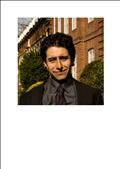
Eduardo Machicado Murillo
- Alumni
- Bolivia
- 2011 PhD Archaeology
- Queens' College
I graduated from Universidad Mayor de San Andrés in La Paz, Bolivia in 2003 and received my professional licence in 2008. Before coming to Cambridge I worked with the German Archaeological Institute (DAI-KAAK) and the University of California, Berkeley in archaeological expeditions that took me from the Titicaca Basin to the Amazon Forest. Last year I completed an MPhil in Archaeological Research at the University of Cambridge. In that time I set the groundwork for my PhD research in the Llanos de Moxos, eastern Bolivia, on the development of early complex societies in the Amazon Basin. I hope that my work will help reveal the unknown history of the present indigenous communities and have a positive impact in developing policies for future heritage and forest management. Parallel to my research I work at FFMV, a small non-profit organisation, that aims to support young Bolivian scholars and promote free access to research resources in the fields of Music, Arts and Social Sciences.
James Mackovjak
- Alumni
- United States
- 2014 Mphil Energy Technologies
- Churchill College
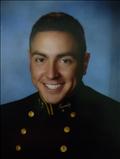
James Mackovjak
- Alumni
- United States
- 2014 Mphil Energy Technologies
- Churchill College
As the son of a U.S. Naval Submarine Officer, I have had the opportunity to grow up in numerous locations throughout the United States, and most recently in Silverdale, Washington. As an avid cyclist, runner, and outdoor-enthusiast, I have developed a deep commitment to environmental issues and am distraught at the liberality that carbon-based fuels are consumed. I graduated with a Bachelor of Science in Systems Engineering from the United States Naval Academy. At Cambridge I will be pursuing an MPhil in Energy Technologies, hoping to curtail the effects of anthropogenic climate change and to tackle the myriad of energy challenges that the world faces through development, testing and evaluation of practical engineering solutions. As a Naval Officer, I am especially interested in discovering which low-carbon renewable energy sources are the most practical, efficient, and economical to decrease the petroleum-dependency of the Navy and to meet the energy demands of the world at large.
Kristof Madarasz
- Alumni
- Hungary
- 2003 MPhil Political Thought
- Jesus College

Kristof Madarasz
- Alumni
- Hungary
- 2003 MPhil Political Thought
- Jesus College
Mathew Madhavacheril
- Alumni
- India
- 2009 BAaff Natural Sciences
- Wolfson College
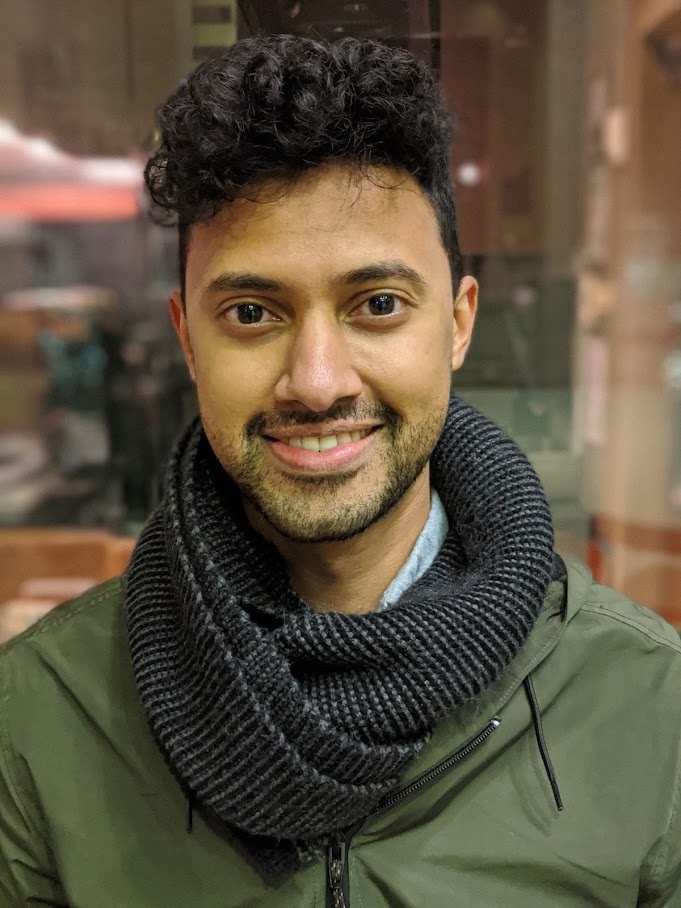
Mathew Madhavacheril
- Alumni
- India
- 2009 BAaff Natural Sciences
- Wolfson College
After completing my Bachelors in Physics in India, I read Part II and III Natural Sciences at the Cavendish Lab with a focus on Theoretical Physics while a Gates Scholar. I then joined the Physics PhD program at Stony Brook University, New York, and began research in cosmology. I subsequently did postdoctoral research at Princeton University and the Perimeter Institute before joining the University of Pennsylvania as an Assistant Professor in the Department of Physics and Astronomy. As an astrophysicist and cosmologist, my research focuses on understanding the initial conditions, evolution and composition of the universe as a whole.
Links
https://live-sas-physics.pantheon.sas.upenn.edu/people/mathew-madhavacheril
https://msyriac.github.io
https://www.linkedin.com/in/mathew-madhavacheril
Angela Madira
- Alumni
- United States
- 2017 MPhil Health, Medicine and Society
- Newnham College
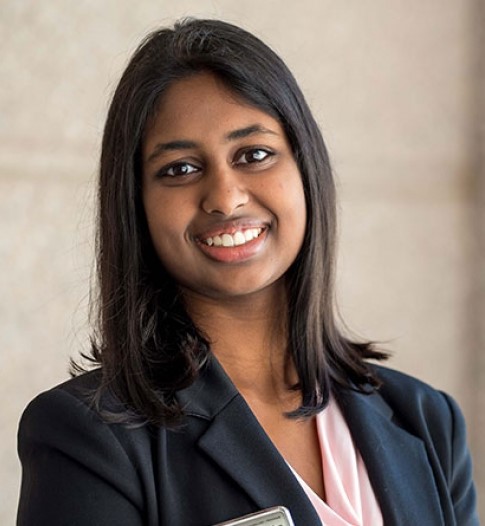
Angela Madira
- Alumni
- United States
- 2017 MPhil Health, Medicine and Society
- Newnham College
My undergraduate career has led me to a unique journey committed to unlocking the secrets of the human brain while constantly contemplating the meaning of “ethics” in the fields of research and medicine. I have had the opportunity to study neuroscience from a molecular, physiological, and clinical perspective. In the future, I hope to use this knowledge to explore neurological disorders in children. However, I recognize that medicine is an incredibly interdisciplinary field and while I am fortunate enough to have had a science-intensive undergraduate experience, I will use my time at Cambridge to further my understanding. Through the MPhil in Health, Medicine, and Society, I will apply my previous experiences as a researcher while exploring new fields in the philosophy and history of health and medicine. I also hope to gain an international perspective of clinical and laboratory practices. My dissertation will focus on the efficacy and ethics of existing mammalian research models. I hope to target the philosophy of cognitive psychology through the multispecies interactions between humans and animals, particularly scientists and their test subjects. I am beyond grateful to the Gates Cambridge Trust for giving me the opportunity to be a part of a motivated, engaged, and gifted group of scholars and future leaders.
Previous Education
California State University, LA
Natalia Magnani
- Alumni
- United States
- 2013 PhD Polar Studies
- Peterhouse
Natalia Magnani
- Alumni
- United States
- 2013 PhD Polar Studies
- Peterhouse
I work with indigenous communities in Arctic Finland, looking at the intersection of material culture and politics, environment and reconciliation, and embodied practice, trauma, and memory. I study the collection of natural materials, the making and reconstruction of cultural objects, and the politics of who may use, wear, and make these things. Ultimately, I seek to understand how the the material world may be used to effect social change.
Raghu Mahajan
- Alumni
- India
- 2011 MASt Applied Mathematics
- Trinity College
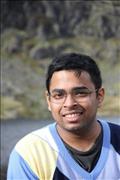
Raghu Mahajan
- Alumni
- India
- 2011 MASt Applied Mathematics
- Trinity College
This year in Cambridge, I am doing a one year taught masters in Theoretical Physics. My primary interests are in String Theory and all aspects and applications of Quantum Field Theory: whether it is high-energy physics, condensed matter physics or cosmology. My undergraduate research can be described as an attempt to understand phases of matter when the interactions between particles are very very strong, like in High-Temperature Superconductors. I am also really interested in International Development and Education in India at all levels, and look forward to networking with people working in the field.
Mahlaqua
- Alumni
- Pakistan
- 2019 PhD Medicine
- Hughes Hall
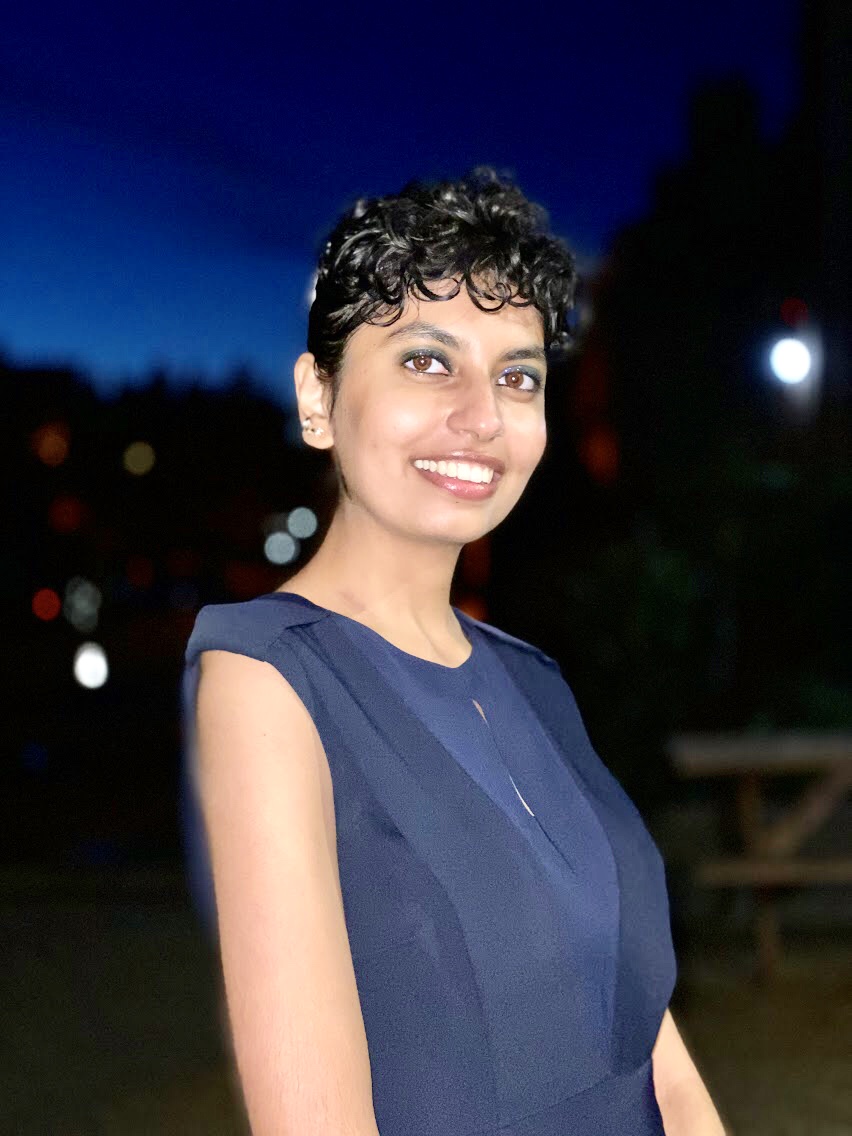
Mahlaqua
- Alumni
- Pakistan
- 2019 PhD Medicine
- Hughes Hall
Muhammad Mahmood
- Alumni
- United States
- 2009 MPhil Bioscience Enterprise
- King's College
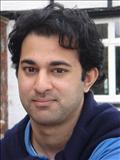
Muhammad Mahmood
- Alumni
- United States
- 2009 MPhil Bioscience Enterprise
- King's College
Having lived in both Pakistan and the United States, I have sought ways to assist the world through developmental ventures. While completing my BS in Biology at Stanford University, I realized the potential of entrepreneurship to establish sustainable change and advance the human condition. In turn I co-founded a non-profit to raise awareness and funds for microfinance in the developing world; and at the same time drafted several business plans for potential biotech companies. In studying towards an MPhil in Bioscience Enterprise at Cambridge, I hoped to facilitate my non-profit and technology experience into potentially viable projects of global impact.
Luke Maishman
- Alumni
- Ireland
- 2010 PhD Pathology
- Wolfson College
Luke Maishman
- Alumni
- Ireland
- 2010 PhD Pathology
- Wolfson College
I studied Trypanosoma brucei, the causative agent of African Sleeping Sickness, for my PhD.
Immediately afterwards I remained in Cambridge, working in pharmaceutical research on the Cambridge Science Park.
In January 2016 I returned to Ireland to begin work as a patent associate.
Godspower Major
- Scholar
- Nigeria
- 2024 PhD Zoology
- Lucy Cavendish College

Godspower Major
- Scholar
- Nigeria
- 2024 PhD Zoology
- Lucy Cavendish College
Growing up in Southern Nigeria, I became fascinated with the tropical landscape and its biodiversity-rich ecosystems, this motivated me to build a career in environmental and agricultural sustainability. I am currently studying an MPhil in Biological Sciences (Zoology) at the University of Cambridge. One of the unique challenges we face is finding the best approach to co-exist with the natural world. In a world already battling with climate change, how do we bridge the gap between Biodiversity conservation and food security? As the world’s population grows, the demand for food and non-food products is ever-increasing, and as far back as human history can record man has always sought ways to manipulate the environment to derive a higher standard of living, resulting in agricultural intensification and land use changes across the globe. Food security depends on the valuable ecosystem services provided by the vast interplay of the earth’s fauna and flora. My PhD will focus on developing eco-friendly strategies to help improve biodiversity conservation and ecosystem services within agroecosystems in tropical regions with a focus on oil palm plantations. I hope to positively shape the future of sustainable agriculture in West Africa.
Previous Education
University of Cambridge Biological Sciences (Zoology) 2024
University of Benin Ani. and Environmental Biology 2021
Elijah Foo Keat Mak
- Alumni
- Singapore
- 2013 PhD Psychiatry
- Trinity College
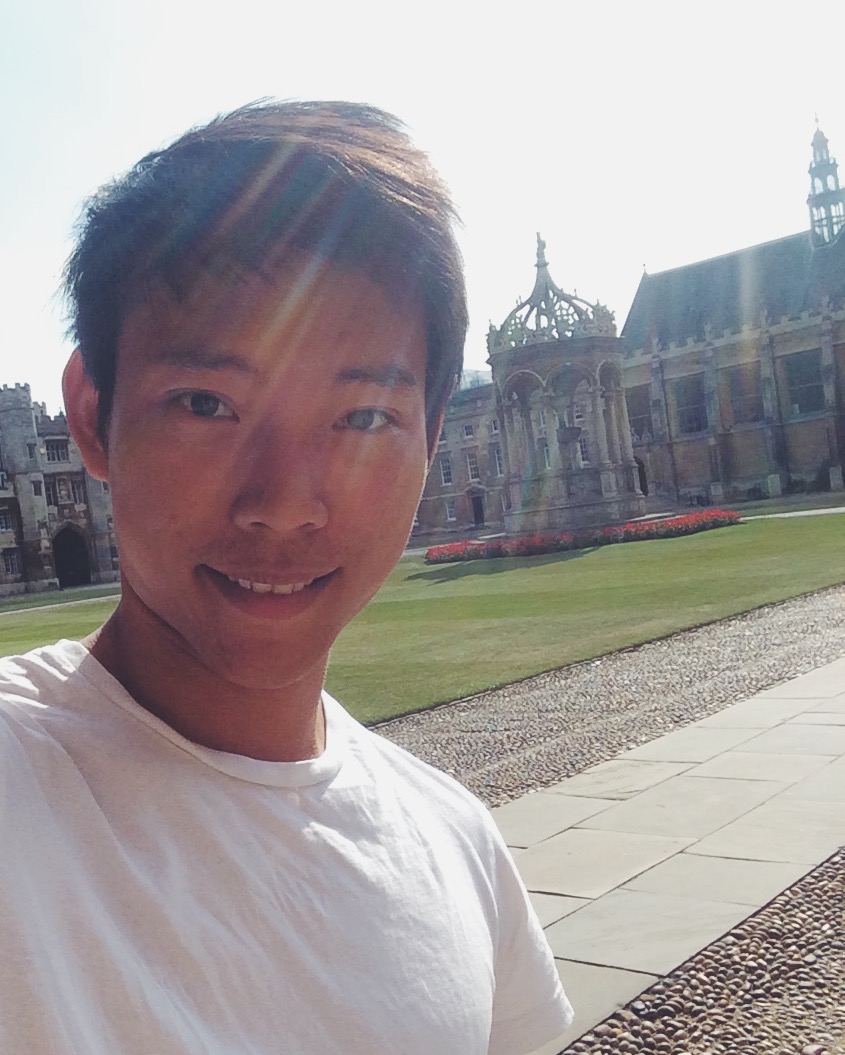
Elijah Foo Keat Mak
- Alumni
- Singapore
- 2013 PhD Psychiatry
- Trinity College
Upon completing my degree in Psychology, I made my first foray into psychiatry by working as a research assistant to at Singapore's National Neuroscience Institute. While administering neuropsychological assessments for dementia patients, I became fascinated by the global challenge to halt the disease. I decided that fighting against neurodegenerative disorders would be my life endeavor. With a MRI research fellowship at University at Buffalo’s Neuroimaging Analysis Center, I am investigating the neural correlates of cognitive impairment in Parkinson’s disease. It is just so exciting to be part of a respected team at Cambridge, where I aim to improve early and accurate diagnosis of dementia subtypes. Through the utilization of mulitmodal neuroimaging techniques, I will be working with Professor John O'Brien to identify distinctive and signature patterns of cerebral abnormalities associated with specific dementia subtypes.
Vera Makarov
- Alumni
- United States
- 2004 MPhil History of Art
- Pembroke College

Vera Makarov
- Alumni
- United States
- 2004 MPhil History of Art
- Pembroke College
I'm interested in exploring the roles of art and arts funding in modern society. My focus of research is Russian Non-Conformist Art in the late 20th Century. By contrasting Socialist Realism with dissident art that defied the Communist Regime, I'm hoping to learn more about the social and political influences of art.
Ntombizodwa Makuyana
- Alumni
- Zimbabwe
- 2020 PhD Pathology
- Lucy Cavendish College

Ntombizodwa Makuyana
- Alumni
- Zimbabwe
- 2020 PhD Pathology
- Lucy Cavendish College
Ntombizodwa is a Ph.D. student at the Pathology Department and Babraham Institute in the laboratory of Adrian Liston and James Dooley. Her project focuses on understanding lung immunity and finding ways to minimize harmful immune responses during a viral infection such as Covid 19 and influenza. She is exploring regulatory T cells as a therapeutic mechanism to control the responses and promote tissue healing. Prior to her Ph.D., she graduated with a Bachelor of Science in Medicinal Biochemistry at Arizona State University and an honors degree project on biomarkers for early detection of Human Papillomavirus (HPV)-associated cervical cancers. In the past, she has worked in various academic labs in the United States of America (Biodesign Institute) and the pharmaceutical industry (Novartis). She is also a social entrepreneur working on providing quality education and a supportive system to young African girls through the 100 Young Women Initiative at Shasha Network. She aspires to combine her interests in entrepreneurship and research to maximize the impact on healthcare in the world.
Previous Education
Arizona State University Medicinal Chemistry 2019
Daniel Malawsky
- Alumni
- United States, Israel
- 2020 PhD Biological Science at the Sanger Institute
- Gonville and Caius College
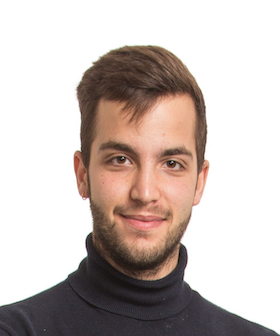
Daniel Malawsky
- Alumni
- United States, Israel
- 2020 PhD Biological Science at the Sanger Institute
- Gonville and Caius College
In my PhD I have researched the phenotypic consequences of elevated autozygosity in humans and am currently studying the genetics underlying human cognitive development.
Previous Education
The University of North Carolina at Chapel Hill Biostatistics and Mathematics 2020
Aditi Malik
- Alumni
- India
- 2010 MPhil International Relations
- Newnham College
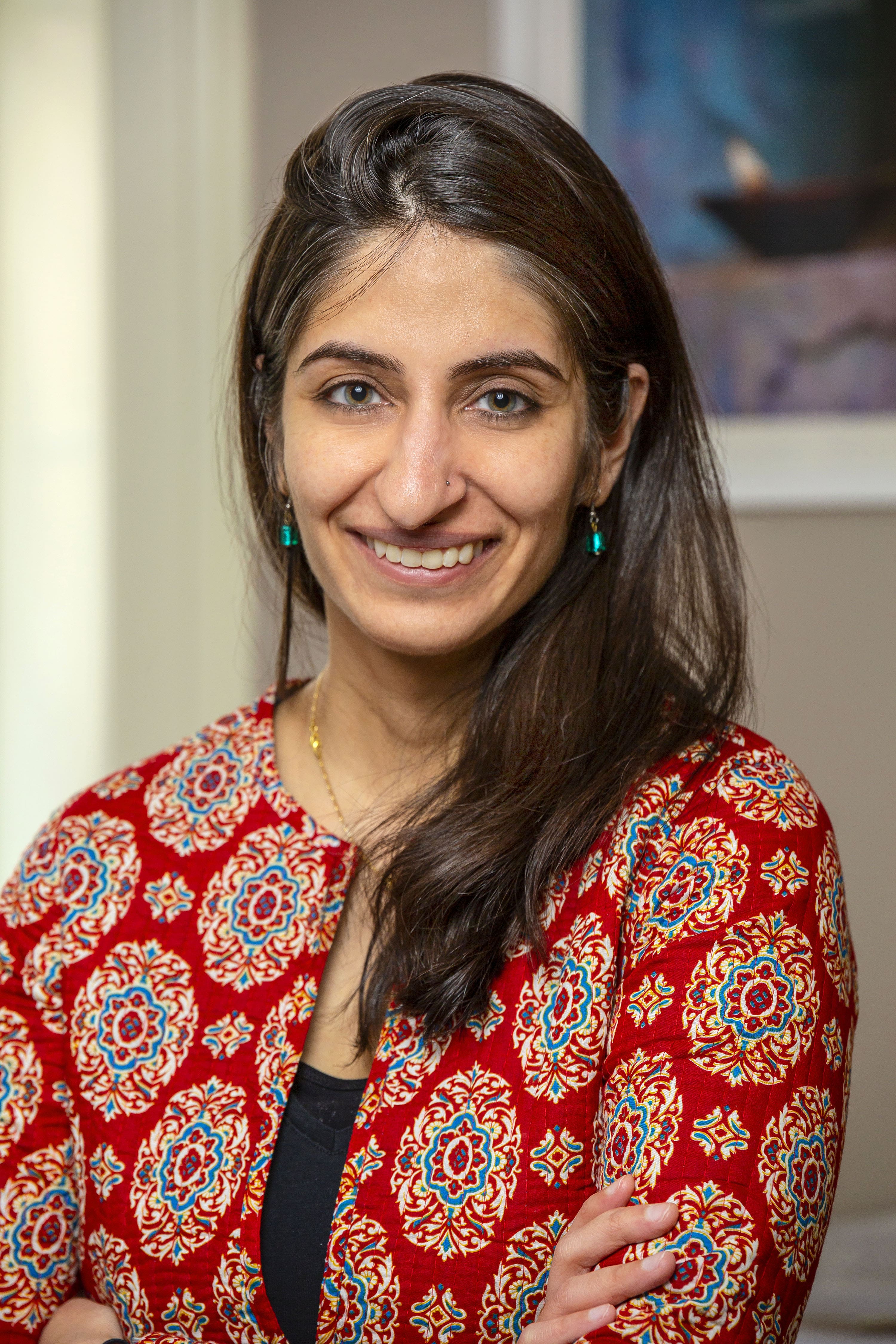
Aditi Malik
- Alumni
- India
- 2010 MPhil International Relations
- Newnham College
I am Associate Professor of Political Science at the College of the Holy Cross in Massachusetts. I earned my PhD in Political Science from Northwestern University. My research interests include the study of political violence, gender-based violence, and social movements and contentious politics,. Much of my work involves cross-regional comparisons of African and South Asian cases. I have conducted field research on various aspects of conflict and conflict-resolution in Kenya, Rwanda, South Africa, Cambodia, India, and Nepal. My first book, Playing with Fire: Parties and Political Violence in Kenya and India was published by Cambridge University Press in 2024. Drawing on a cross-regional comparison of Kenya and India along with subnational comparisons in the two countries, this book develops a novel theory about the relationship between political parties and conflict.
Links
https://www.aditimalik.net
https://www.linkedin.com/in/aditi-malik-b99880252
Meena Mallipeddi
- Alumni
- United States
- 2003 MPhil Technology Policy
- Pembroke College

Meena Mallipeddi
- Alumni
- United States
- 2003 MPhil Technology Policy
- Pembroke College








